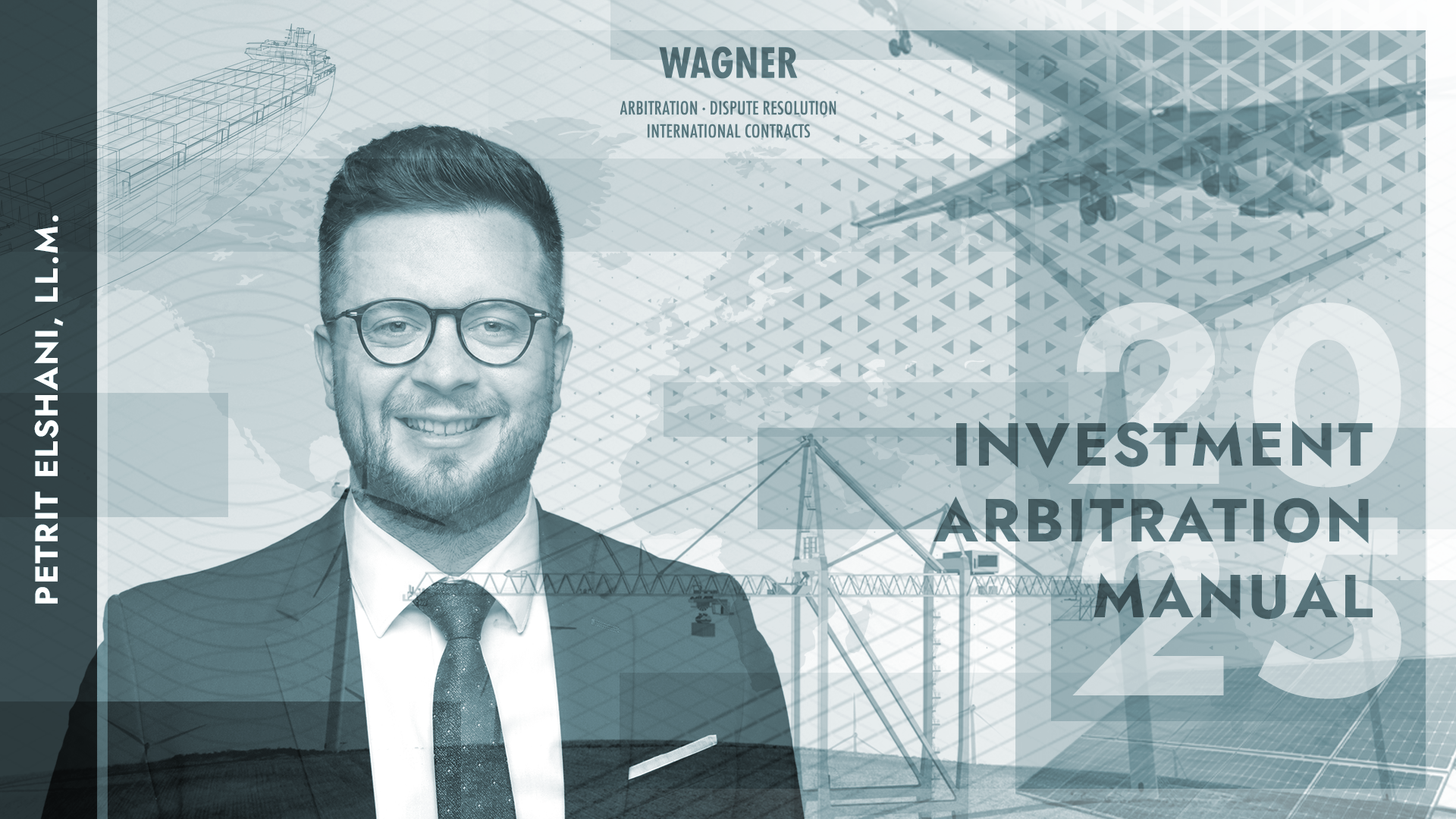Albania has an evolving arbitration landscape. The country adopted a new, modern law on arbitration in 2023, which is based on the UNCITRAL Model Law and which signals a commitment to international standards.
This stands in contrast to an old, domestic investment protection law from 1993, and a fairly dense network of over 40 bilateral investment treaties (“BITs”), many of them from the 1990s.
These legal instruments, taken together, at least on paper provide parties in Albania as well as foreign investors with relatively robust protections and safeguards. But much depends on the authorities’ practical compliance with and enforcement of these laws and treaties. At least in recent history, the record has not been very good.
National layer I: Arbitration law
Until 2013, the Albanian Code on Civil Procedure contained some provisions on arbitration. However, these were repealed in 2013. Since then, Albania did not have an arbitration law or any other rules governing arbitration.
The country filled this legislative gap ten years later, in July 2023, by adopting a new law on arbitration (“Arbitration Law”). The Arbitration Law aligns the arbitration framework with international standards set by the – globally recognized – Model Law of the United Nations Commission on International Trade Law. Hence the Arbitration Law follows worldwide best practice on key aspects of arbitration.
The Arbitration Law governs both domestic and international commercial arbitrations where the seat of arbitration is in Albania. It covers all stages of the arbitration:
- Requirements for a valid arbitration agreement:
The arbitration agreement must be in writing, with e-mail correspondence and any other type of communication providing a record of said communication fulfilling this requirement. As an exception, an arbitration agreement will be considered valid even if the parties have not complied with the formal requirements, but an arbitration has nonetheless commenced and neither party has objected to the jurisdiction of the tribunal. Consumer arbitration is also permitted under certain (stricter) conditions.
- Constitution, and composition of the arbitral tribunal:
The Arbitration Law provides that the parties can choose the number of arbitrators in the arbitration agreement. If this has not been done, and the parties fail to agree, the default number will be three. In case of ad hoc arbitration, the Arbitration Law provides that each party appoints its own arbitrator, and the party-appointed arbitrators appoint the chair. Alternatively, if the parties have agreed on an arbitration institution, the Arbitration Law provides that the institution appoints all arbitrators.
- Procedural rules governing the arbitration process itself:
The Arbitration Law provides that the parties can design the applicable procedural rules. If they do not do so, the provisions of the Arbitration Law and the discretion of the tribunal are applied as a default. It is worth highlighting that the Arbitration Law contains a rule in section 36, which is similar to a provision in the German arbitration law (Section 1027 German Civil Procedure Code). Section 36 provides that a party, which during the arbitration becomes aware of a procedural breach by the opposing party of the Arbitration Law or the arbitration agreement and does not raise this at the latest within five days of becoming aware of such breach, loses the right to object on that basis.
- And lastly the possible annulment, recognition and enforcement of arbitral awards:
The Arbitration Law provides that a domestic award can only be challenged and annulled on very narrow grounds. The recognition and enforcement of foreign awards is governed by the New York Convention, to which Albania acceded in 2001.
National layer II: Investment protection law
In the field of foreign investment, Albania has an old investment protection law, first adopted in 1992 (“Investment Law”). The Investment Law defines “foreign investor” as any foreign nationals, any legal entities established outside of Albania, and even Albanian nationals with permanent residency outside of Albania. It also defines “foreign investment” as “any type of investment, held directly or indirectly”, and then goes on to list a non-exhaustive list of assets. This includes movable and immovable property, ownership or shares in companies, intellectual property rights, and any permits or licenses.
While the Investment Law appears at first glance to establish a very broad scope of application, it has not been renewed as a whole since the beginning of the 1990s and has significant limitations in other respects. Most importantly, while it provides for a right of the foreign investor to bring an arbitration claim against the State before the International Center for Settlement of Investment Disputes in Washington, D.C. (“ICSID”), it limits this right only to cases concerning expropriation, compensation for expropriation, and discrimination. All other typologies of disputes that may arise are referred to the domestic courts or domestic arbitration.
International layer: BITs and international law
Besides the national layer, the international law layer is equally, if not more, important. According to UNCTAD, Albania has over 40 BITs currently in force. Many of them are from the early to mid-90s (so called “old generation BITs”), which are generally known for their broad standards protecting investors and direct recourse to international arbitration.
The majority of the BITs were concluded with other European countries, such as Italy, Greece, Germany, Turkey, Switzerland, Austria, the Netherlands, France, and Sweden. However, Albania also has BITs in place with China (1993), Russia (1995) and the USA (1995). The full UNCTAD list of Albania’s BITs is available here. More recently, Albania has concluded BITs with Qatar (not yet in force), and the United Arab Emirates (in force as of 2017).
Albania is also a party to the Energy Charter Treaty, which came into force in 1998, and provides broad protections for investments in the energy sector.
In terms of commercial arbitration, the new Arbitration Law provides a legal framework which is modern and provides appropriate support, if a company has business in Albania and for instance wants to include an ad hoc arbitration clause with the place of arbitration in Albania in the relevant contract. Albania does not have an established local arbitral institution.
In terms of foreign investment protection, the old Investment Law provides very limited investor protection. But this is complemented by a – considering Albania’s size – fairly considerable network of BITs particularly with countries that are key trade partners. In sum, the legal framework, although it is evolving and rather fragmented in certain respects, does provide robust protections which foreign businesses can invoke. This stands, at least more recently, in contrast to resistance to compliance with and enforcement of awards. The so-called “Beccheti case” (Hydro v Albania, ICSID Case No. ARB/15/28) and the case of Iliria s.r.l. v Albania before the European Court of Human rights (Application no. 31011/09) are illustrative of delays and resistance on the part of authorities.
Hence, while legislative strides have been made, Albania’s arbitration-friendliness hinges on practical compliance. On the part of businesses and investors, this means opportunity and the need for careful legal strategy. It requires knowledge of the framework, an understanding of the different layers and how they work, and proactive legal planning.

